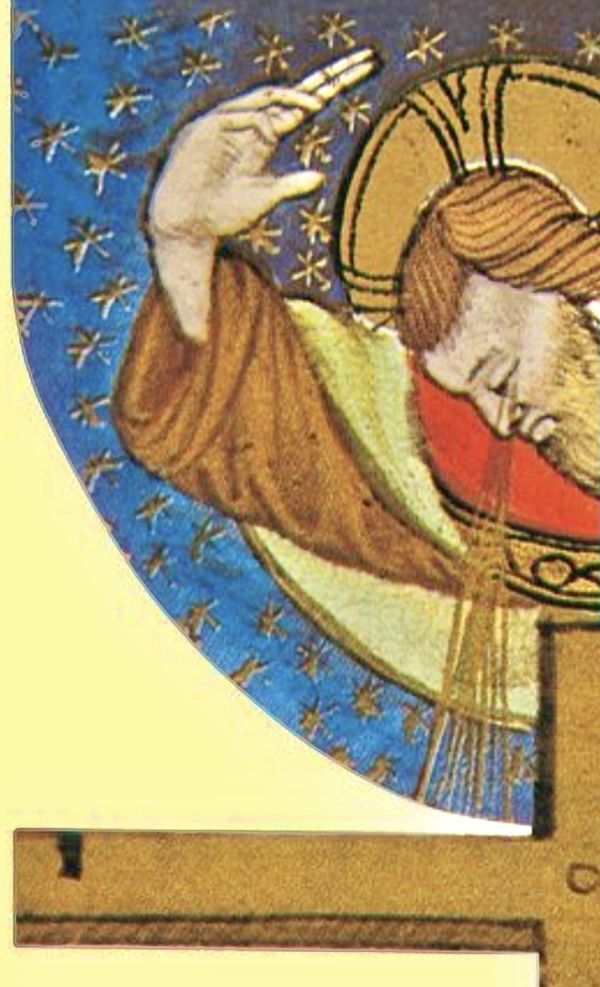Narrow door: not because oppressive
(Lk 13:22-30)
The meaning of the first question is: «Is Salvation exclusive?» (v.23). Of course not - and not even despotic. But it’s not enough to declare oneself "Friends".
Half a century after the crucifixion of Jesus, the first signs of relaxation began to appear in the communities.
The privileged were already away from “home” [vv.25ss].
Their story warns against the illusion of feeling "elected". And it questions believers. How can we get on ourselves on the right path?
Occasion to understand if we are on the steps that really belong to us is the constant revision of the relationship with the "inadequate" Person of Christ [the «narrow Door»: v.24].
According to the Master, one doesn’t become "better" by following ostentatious habitual clichés, poorly convinced and fulfilled in routine.
In short, who works many things for God (v.26) and not for the brothers - nor even realizes that they exist - in reality does not honor the Father.
Those who do not "deflate", not only lack humility to become servants, but also do not cross the interstices of the walls in which the Spirit wedges.
However, we still wonder surprised how the Father can neglect his own intimates who have so much believed in Him, and even prefer those distant, coming from it’s not well known where.
Maybe they loved like Him. They didn’t have a "correct" relationship with God, but a right relationship with others, yes.
It’s in their hearts that they have come to know the Lord. Personally. And by transmigrating, they have accomplished their Exodus.
Moving directly to the goal, they were interested in the fruit: listening, compassion, generous sharing of goods - instead of the many leaves.
With the eyes of the soul, in these people completely devoid of spiritual presumption, the perception of the inner orientations has overcome the thoughts and the idols of the custom at hand.
They are those who have never considered themselves too great.
It applies for us: not feeling excellent and not having pretensions is by Christ evaluated much more than the papers in order.
He defines these as «makeers of vain things, doers of dead things» [Lk 13,27; the Greek text has a Semitic background of the kind: Ps 6,9 Hebrew text].
He refers to the ‘lukewarm’ people that go on by inertia and still participate in external manifestations with extreme superficiality.
They make number, but personally they do not set anything in motion. They didn’t pass through the «tight Door» which is Jesus himself.
Forcing him to say: «I do not know ‘from’ where you are» (vv.25-27).
True disciples participate in the Banquet without pretense: they have not fled the world, they have struggled (v. 24) to make themselves able to love. They have compromised themselves.
In this way were able to meet the deep states of themselves and accompany the eccentricities of others, recovering the opposites (v.30).
«Narrow Door»: not because oppressive.
[Wednesday 30th wk. in O.T. October 29, 2025]












